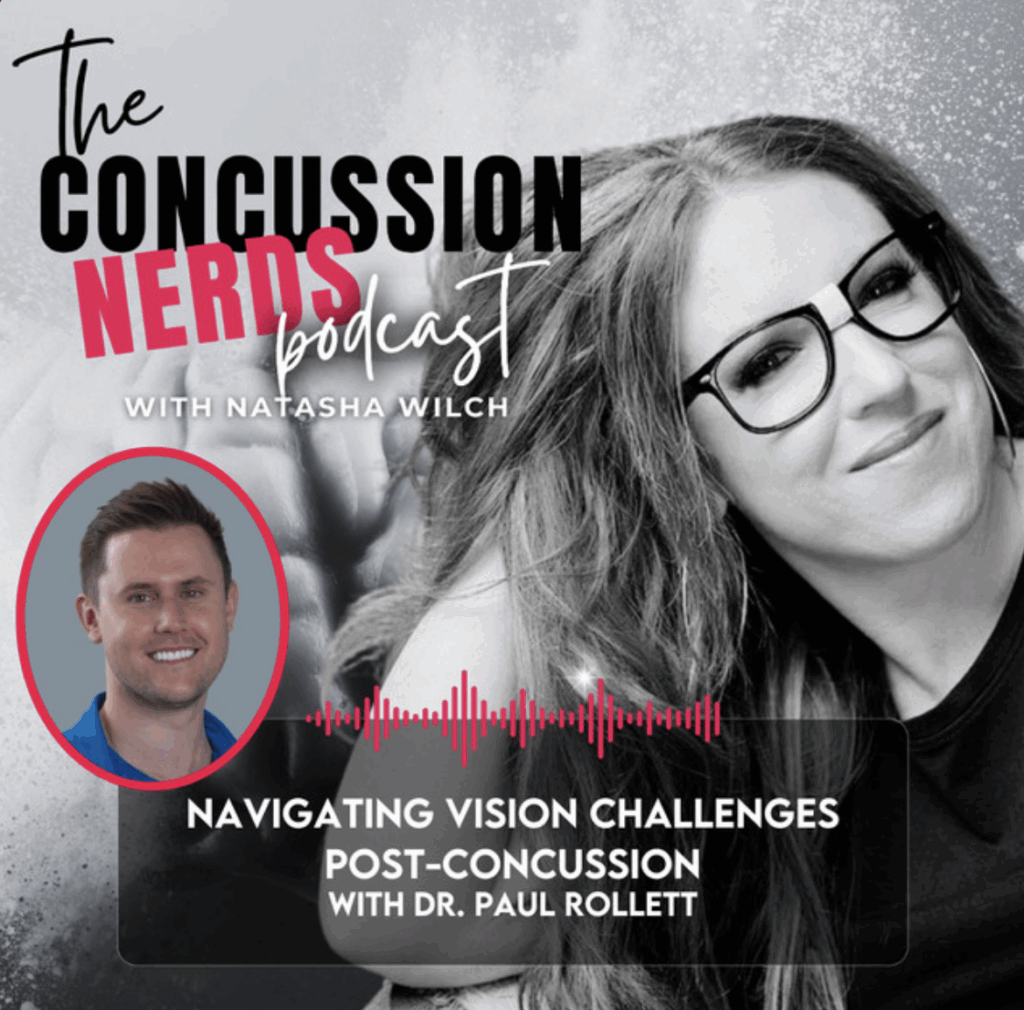 What better way to start off a vision blog than to get a little personal!
What better way to start off a vision blog than to get a little personal!
My journey to Vision Therapy began after being accepted into Optometry School. As is customary, I celebrated this milestone with a longboard ride down a steep hill in a neighboring community. Unfortunately, my celebration ended with a broken wrist and what I thought was a modest concussion. At the time, I didn’t think much of the injury. As I’ve come to learn more, I’ve recognized this incident as the life changing moment for both my life and career that it was.
Growing up, I was never a big reader. I can probably count on one hand the number of books that I read for pleasure. I never felt this to be an issue until I started the heavy workload at professional school. I had always relied on auditory processing skills – never writing many notes and certainly never reading the assigned chapters. If I showed up to class, I’d do well – it had always been that way. While this trend continued for me into Optometry school, I started to find that even the expectation to read the questions on tests was becoming a challenge. I always performed better in the first half of exams and recall rushing out to the dollar store to buy reading glasses during finals in hopes that they might help me get through the pages and pages of endless text. Throughout exams, words would slowly begin to blur, swim and become very difficult for me to focus on. Sorting out the answer to the question became secondary to trying to actually see and process what I was being asked. It took three and a half years of these struggles before my issues with eye-teaming and convergence were discovered. I was an Optometry student, immersed in the world of visual function – and it took me this long to figure out what was going on.
After discovering these issues, I wasn’t sure where to turn. I knew I needed a directed approach to remedy my issues, but, unfortunately, was not near a center that offered Vision Therapy – so, I took it upon myself to begin a program of visual rehabilitation. For this, I turned to the landmark study in our field (Convergence Insufficiency Treatment Trial) and followed the program precisely. Three months later, I was truly living in a different world.
It’s hard to describe the differences in one’s life that Vision Therapy can make. For me, it is not just the ability to read comfortably, but a greater overall sense of spatial awareness and total comfort with my visual surroundings. Busy visual scenes, driving, sports – they have all improved as a result of the skills that I gained and continue to hone even six years after my initial Vision Therapy program.
Looking back today and after working with so many affected by brain injury, I am confident in saying that while I likely possessed a fragile binocular system prior to the injury, my issues with eye-teaming truly began after my celebratory head injury at the start of school. Today, I work with cases day in and out very similar to my own – and frustratingly hear about their symptoms being dismissed and ignored. The visual sequelae of head injury can be devastating, and directed visual-rehabilitation offers ways in which to improve.
As we continue to build our near-centred world around computers, phones and the like, visual processing and eye-teaming skills will continue to be imperative to both our comfort and success. When properly applied, Vision Therapy can provide wonderful, life-changing gains for those affected by a wide variety of visual dysfunctions. If you’re suspicious that you may possess issues similar to my own, be sure to visit an Optometrist and describe fully the symptoms that you’re having. Vision Therapy may very well have an important role in your life as well.
Until next month,
Paul Rollett, OD




